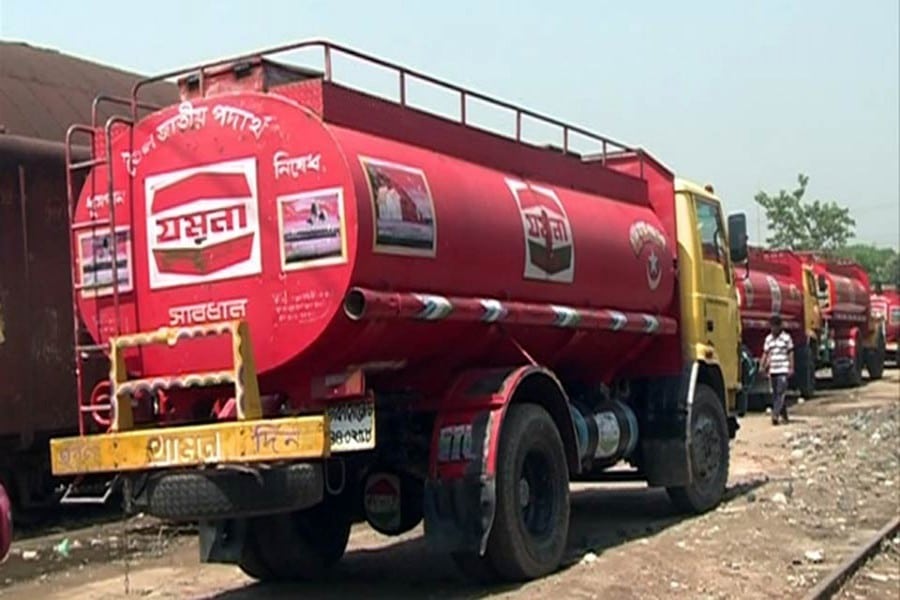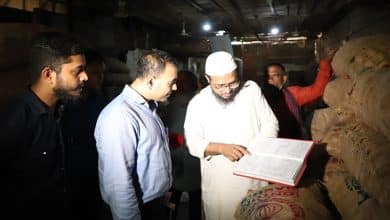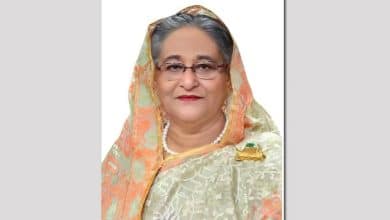Bangladesh eyes purchasing fuel oil from India’s surplus

The government of Bangladesh is considering a long-term agreement with India to bring in fuel oil from its surplus amid the energy crunch, Foreign Secretary Masud Bin Momen has said, according to bdnews24.com.
In a discussion on Prime Minister Sheikh Hasina’s visit to India in September, he said the neighbours are “in a better position on the fuel issue”.
“So, we will definitely try to enter a long-term agreement with them if they have a surplus. But it will depend on how much they have in excess. They have their own supply and demand thing.”
Following its invasion of Ukraine in February, Russia has been slapped with several sanctions from European countries and the United States, which imposed a ban on fuel trade with Russia. The European Union also declared reducing dependency on Russia for fuel.
As other countries began folding their trade agreements with Russia, India, the third largest fuel importer and consumer in the world, cranked up oil imports on discounted tenders. China also increased Russian oil purchases, reports said.
While the US sanctions against Russia do not prevent other countries from buying Russian oil, Washington made it quite clear that India’s move to heighten oil purchases did not fare well with the largest oil-consuming nation in the world.
The SWIFT ban against Russia also triggered an issue with settling trade with the country. Russia is asking many countries to settle payments in roubles.
The prices of crude oil surpassed $130 per barrel in the market as the war started, though it has dropped a bit now. But Bangladesh hiked fuel oil prices by up to 52 percent due to the higher import costs, which in turn considerably raised the daily expenses of citizens.
The government decided to lower diesel, kerosene, octane and petrol prices by Tk 5 per litre on Monday – 23 days after the last hike.
Foreign Secretary Masud was hoping that the Indian government will agree to help as “it had in different times in the past”.
Hasina’s trip to India this time, according to him, does not include a tripartite agreement on bringing hydroelectricity from Nepal through India, but it will be discussed.
Masud mentioned that the government was keen to keep “all options open” to deal with the energy crisis, be it importing oil from India or hydroelectricity from Nepal.
He added that establishing grids and connection points would take time but the preparations require reaching a “political understanding” beforehand.





